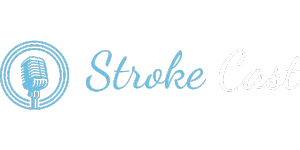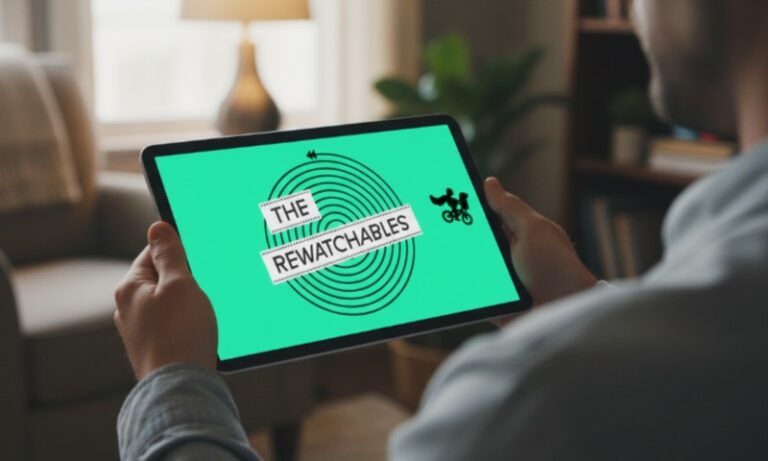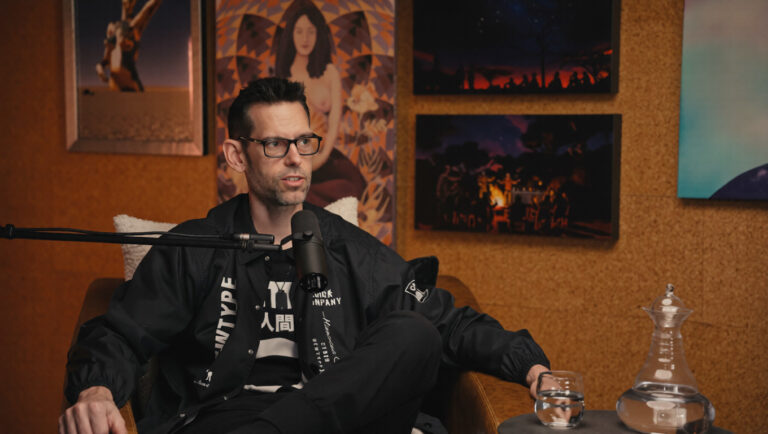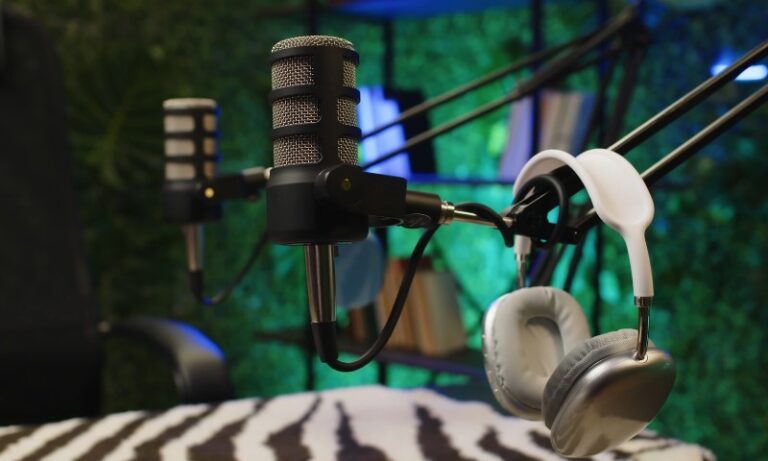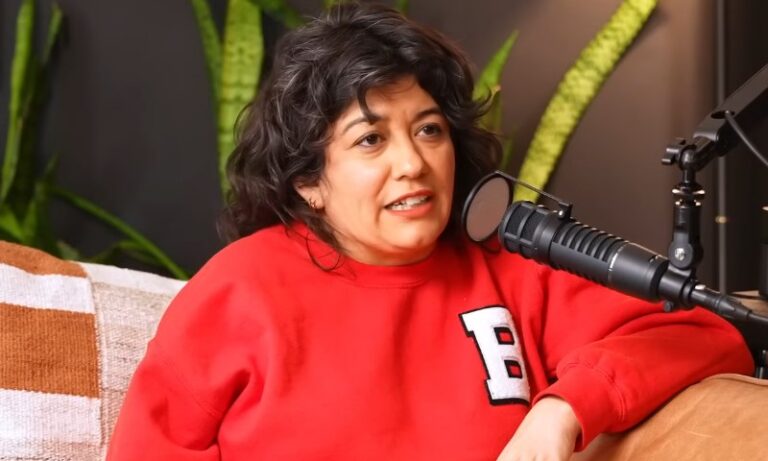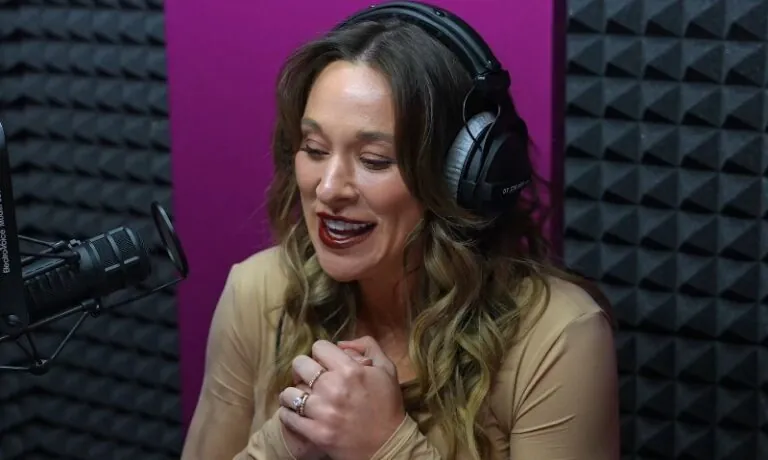When Ashley Flowers and Brit Prawat uploaded the first episode of Crime Junkie in 2017, they weren’t trying to become media moguls. They were true crime fans who wanted to tell stories that mattered, clearly and respectfully.
What followed was an industry shift few could have predicted. Crime Junkie became the second most listened to podcast in the United States by 2025, according to Edison Research, second only to The Joe Rogan Experience. Along the way, it reshaped how podcasts are made, monetized, and measured.
Table of Contents
ToggleHighlights
- Crime Junkie evolved from a small true crime podcast into one of the most listened to shows in the U.S., reshaping podcast structure and business models.
- Ashley Flowers and Brit Prawat built a consistent, ethical, and community-driven format that turned listeners into active participants.
- The show’s nonprofit, Season of Justice, linked storytelling to real criminal case progress and victim advocacy.
- Its success established new standards in podcast production, sourcing ethics, and cross-platform monetization.
The Formula That Scaled

The success of Crime Junkie is not an accident. It’s the product of clarity, pacing, and trust. The show’s format is stripped down yet remarkably tight.
Built for Habit
Listeners know what to expect every Monday. A fresh case, handled with empathy and urgency. No clutter. No filler. Just a story.
That rhythm makes the podcast habit-forming. Each episode runs at a consistent length, balancing accessibility with depth.
The Core Dynamic
Flowers leads with crisp narration, while Prawat reacts in real time, asking the questions listeners might be thinking.
The result feels natural and grounded. The tone is conversational but never casual enough to undermine the subject matter. It’s storytelling that respects both victims and audiences.
A Case Focus That Keeps Stakes High
Each week covers missing persons, unsolved murders, or overlooked investigations. The subject matter invites engagement beyond listening.
The show often ends with action prompts: donate, share, or submit tips. That participatory element keeps the fan base active rather than passive.
Why the Audience Fit Was Perfect
True crime is a cultural force. Edison’s 2024 True Crime Consumer report found that 84 percent of Americans aged 13 and up engage with true crime in some form.
Around 17 percent, roughly 48 million people, listen to true crime podcasts. The genre’s strength lies in repetition and completion. People binge it. They finish episodes at higher rates than almost any other category.
Crime Junkie capitalized on that behavior. It took what listeners already wanted and delivered it with structure and consistency. The show became a weekly ritual, not background noise.
Impact Beyond Entertainment
Unlike most true crime content, Crime Junkie produces measurable outcomes. Edison’s data shows that true crime podcast listeners are significantly more likely to act after hearing a case, whether donating, signing petitions, or submitting information.
Case Example – The Father Patrick Ryan Murder
The show’s coverage of the 1981 murder of Father Patrick Ryan drew attention to untested evidence and helped support renewed examination.
James Reyos, who had been convicted, was later exonerated. The case demonstrated the tangible effect of audio storytelling when paired with a mobilized audience.
Season of Justice
In 2020, Flowers founded Season of Justice, a nonprofit that funds forensic genealogy and DNA testing for cold cases. By 2025, the organization had supported more than 200 investigations, channeling audience donations into real casework.
Edison’s 2024 report credited Audiochuck, Flowers’s studio, with more than $8.5 million in philanthropic contributions and over 150 nonprofit partnerships.
This model, linking storytelling to measurable justice outcomes, changed what audiences expect from true crime. It showed that attention could translate directly into funding and progress.
The Business Model That Redefined Podcasting

Success wasn’t just creative. It was structural. Flowers built a self-contained ecosystem that redefined what a podcast company could be.
Platform Leverage and Distribution
In October 2021, SiriusXM signed a multi-year exclusive agreement with audiochuck for ad sales and distribution across SiriusXM, Stitcher, and Pandora. The deal gave Crime Junkie access to a nationwide audience, professional ad infrastructure, and cross-platform reach.
Then in April 2024, SiriusXM launched Crime Junkie Radio, a 24/7 true crime channel broadcasting across its satellite network.
A Multi-Product Revenue Stack
Flowers and Prawat turned the podcast into a diversified brand with multiple income streams.
| Revenue Source | Description | Why It Matters |
|---|---|---|
| Fan Club Memberships | Paid tier offering ad-free listening, member-only episodes, and a private community. | Direct revenue hedge against ad market shifts. |
| Live Events | National tours, VIP meet-and-greets, and arena shows sold through Ticketmaster. | Extends audience lifetime value and drives local press. |
| Merchandise | Apparel, mugs, and accessories linked to audiochuck’s store, with discounts for members. | Builds identity and loyalty through physical goods. |
| Books and IP Expansion | Flowers’s debut novel in 2022 and a second book set for release in May 2025. | Adds cross-media potential and literary credibility. |
This combination, ads, memberships, tours, and books, created a business resilient to market fluctuations. It’s a blueprint for modern media monetization.
The 2019 Scandal and Its Industry Fallout
@lauthegem Boo tomato tomato 🍅 come on algorithm! @Ashley Flowers #crimejunkie #truecrime #plaigerism #accountability #gemini #zodiac #dealingjustice #thedeck
In August 2019, Crime Junkie faced allegations of plagiarism from journalists and fellow podcasters.
Reports from Variety, Vulture, and Indianapolis Monthly detailed that certain episodes included reporting from other sources without adequate citation. The team removed and revised episodes following the accusations.
What Followed
The backlash forced a reckoning not just for Crime Junkie but for podcasting as a whole. The show began listing sources more transparently and adding detailed episode notes.
Others followed. Academic commentary and industry press have since cited the incident as a turning point in ethical standards for audio storytelling.
How Crime Junkie Rewired True Crime
The show’s success can be traced through three distinct pivots: tone, purpose, and professionalism.
1. Victim-Centered Storytelling
Earlier true crime media often centered on perpetrators. Crime Junkie shifted the focus. It highlighted victims and families, prioritizing dignity over shock value. That editorial stance built trust with audiences and law enforcement.
2. Organized Community Behavior
The fan base became something closer to a volunteer network. Regular calls to action, share this missing person flyer, donate to this fund, signal-boost this tip line, turned audience engagement into structured participation.
3. Institutional Philanthropy
Through Season of Justice and direct donations, Audiochuck connected storytelling with measurable aid.
It blurred the line between content and cause work in a way that major studios have since tried to replicate.
How Crime Junkie Changed Production Standards

The show didn’t just tell stories differently; it built a production rhythm others adopted.
The Weekly Ritual
Each Monday release became part of listeners’ routines. Flowers’s storytelling cadence, combined with Prawat’s reactions, created predictability and comfort. Even during controversies or hiatuses, that cadence resumed quickly to maintain trust.
Clean Show Architecture
Crime Junkie episodes are concise and focused. There’s a beginning, middle, and end, no rambling, no unrelated chatter. It’s journalism streamlined for consistency. That structure helped make the podcast accessible to casual listeners without diluting its substance.
Action Segments
Every episode ends with a clear step: donate here, read more there, report information if you have it.
Those steps are short but precise. That micro-format now appears across other audiochuck shows, setting a new expectation for accountability.
Expansion Through a Unified Brand
audiochuck evolved from a single show into a network. Sister titles like The Deck and Anatomy of Murder share visual identity, tone, and production standards. Cross-promotion between shows keeps audiences circulating within the same ecosystem.
Radio Integration as a Growth Model
When Crime Junkie Radio launched on SiriusXM in 2024, it reversed the usual flow of audio media. Podcasts typically aspire to graduate into TV or streaming video.
Instead, Flowers pushed the brand into linear radio, bringing on-demand storytelling back to traditional airwaves. That gave the brand permanence and reach unmatched by most podcast competitors.
Audience Demographics and Cultural Influence
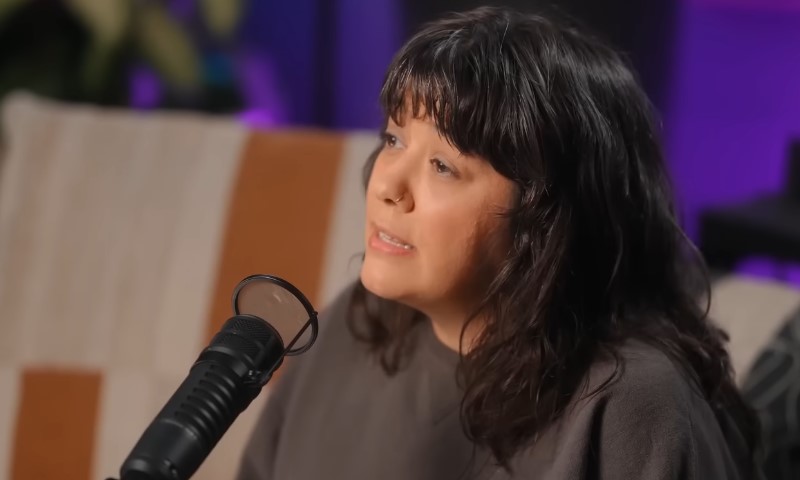
The reach of Crime Junkie mirrors how true crime became a cultural staple shaped largely by women listeners.
Women at the Center
True crime has long had a female-majority audience. Crime Junkie leaned into that reality rather than treating it as a niche.
Listener Behavior
True crime audiences show some of the highest binge and retention metrics in podcasting. Crime Junkie maximized that by maintaining predictable pacing and consistent tone.
That reliability encourages marathon listening sessions, a key factor in its chart dominance.
Durability Through Scrutiny
Few shows survive public controversy at scale. Crime Junkie not only survived but expanded afterward. Between 2021 and 2025, it secured national distribution, a satellite channel, and live arena tours.
The endurance proves that consistency and value to listeners can outlast short-term reputation shocks.
Milestones in Context
| Year | Milestone | Why It Matters |
|---|---|---|
| 2017 | Crime Junkie launches under audiochuck. | Establishes core format and release rhythm. |
| 2019 | Plagiarism allegations lead to pulled episodes and industry debate. | Triggers new sourcing norms across podcasting. |
| 2021 | SiriusXM signs multi-year exclusive deal with audiochuck. | Brings top-tier ad infrastructure and national reach. |
| 2022 | Apple names Crime Junkie the most listened to show in the U.S. | Confirms mainstream dominance. |
| 2024 | SiriusXM launches Crime Junkie Radio, a 24/7 true crime channel. | Extends brand into linear broadcast. |
| 2025 | Crime Junkie ranks No. 2 podcast in the U.S. by weekly audience. | Demonstrates sustained leadership in the medium. |
Practical Lessons for Creators and Studios
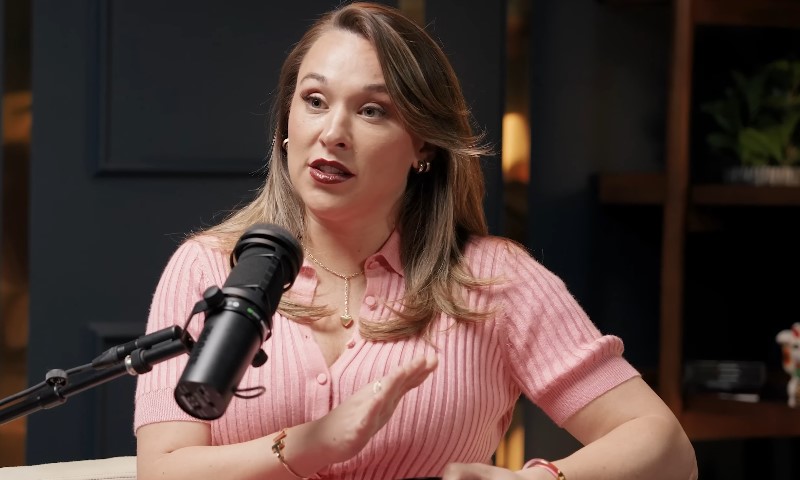
For anyone trying to build a long-term audio franchise, the Crime Junkie playbook is instructive.
What to Copy
- Build a ritual: Choose one release day and never miss it.
- Engineer binge potential: Keep episodes concise, reduce production friction, and reference back-catalog content.
- Create action layers: Give listeners clear ways to engage: donate, share, participate.
- Diversify income: Combine ad sales with memberships, books, and live events.
- Expand through shared DNA: Launch new shows that feel familiar to the audience but explore different cases or tones.
What to Avoid
- Treat sourcing casually: Attribution isn’t an afterthought. It’s part of the creative process.
- Ignore transparency: When content is updated or corrected, log it publicly.
- Chase viral moments: Growth built on routine beats growth built on hype.
Those rules form the foundation of a sustainable podcast business. Crime Junkie showed what happens when consistency meets purpose.
Why Crime Junkie Changed Podcasting
Crime Junkie proved that a women-led show centered on victims could dominate the medium at scale. It transformed listeners into funders and storytellers into advocates. It reimagined the business of podcasting as a blend of journalism, community work, and enterprise.
It built a hybrid distribution model that merged linear radio with on-demand streaming, creating a new path for intellectual property in audio. It forced the podcast world to mature ethically, financially, and creatively.
By 2025, Crime Junkie was no longer just a true crime show. It was an infrastructure for storytelling, activism, and sustainable digital publishing. What began as two women with microphones became one of the most influential blueprints in modern media history.
Related Posts:
- Brit Prawat’s 2025 Net Worth Revealed: How She Grew…
- Top 10 Fashion Podcasts by Women You Should Be…
- 15 Podcasts That Changed Public Opinion on Major Issues
- Morbid Podcast - Balancing Humor and Horror in True Crime
- Best True Crime Podcasts - Our Top 10 Picks for 2025
- The Rise of AI in Podcasting - Will Robots Replace Hosts?
